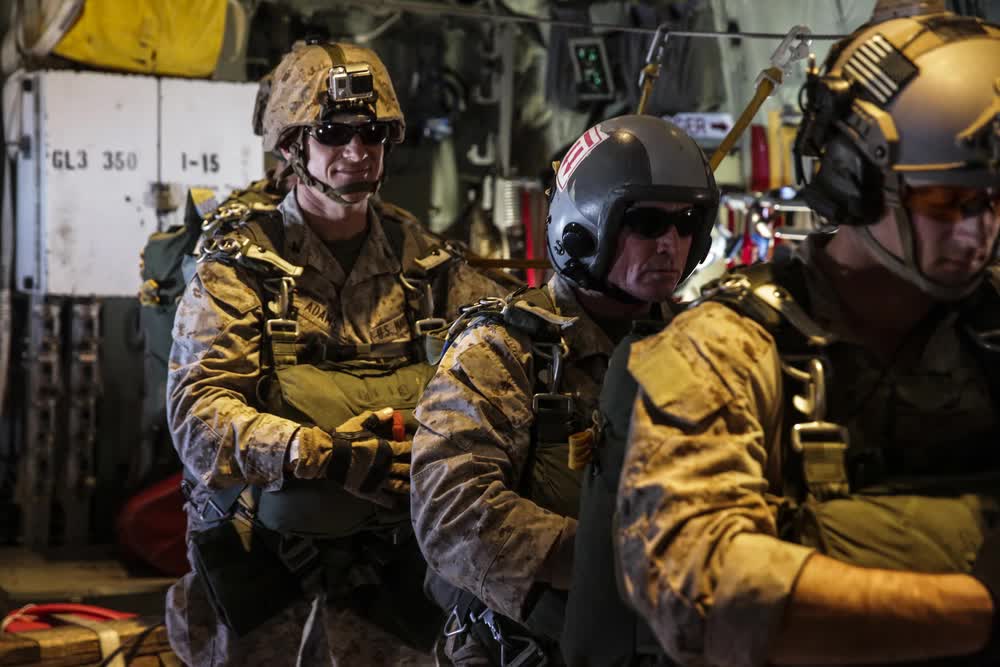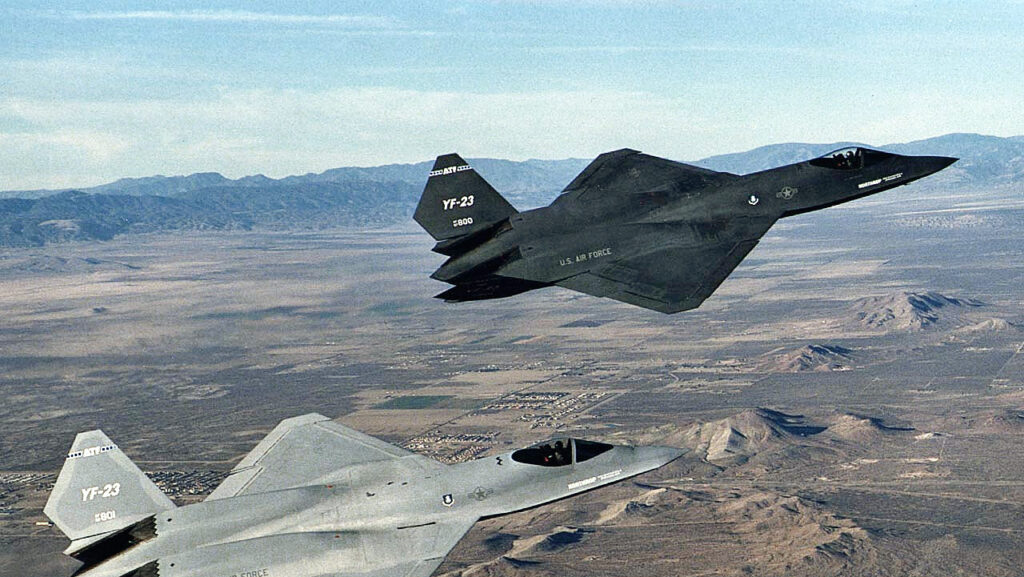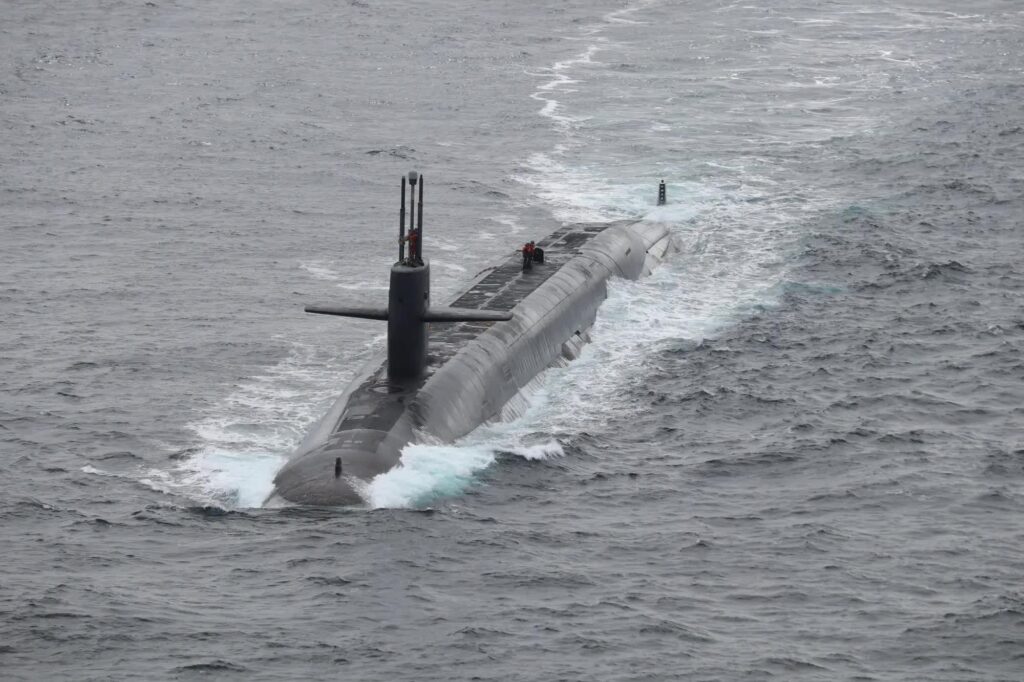Editor’s Note: This article was sponsored by the Marine Corps Special Operations Command (MARSOC) and contains content developed in collaboration with their team.
In the Marine Corps Forces Special Operations Command, Special Operations Officers (SOOs) are the strategists and leaders who guide other Marine Raiders to success in some of the most challenging missions on the planet.
Tasked with planning and executing complex operations in dynamic and often hostile environments, becoming one of these exceptional men isn’t easy.
How to become a Special Operations Office
The path to becoming a MARSOC SOO is not for the faint of heart: It requires a unique blend of education, experience, and unwavering commitment to the mission. To even be considered for this elite role, candidates must meet stringent prerequisites that set the bar high.
Prospective candidates must be eligible to obtain and maintain a secret clearance, must have a minimum Physical Fitness Test score of 235, and be able to pass the MARSOC swim assessment. Additionally, they must meet the MARSOC medical screening criteria and have no more than 24 months’ time in grade as a captain upon attending the Individual Training Course, the follow-on training pipeline after Assessment & Selection.
Beyond these prerequisites, candidates must also exhibit impeccable physical fitness, an unblemished record of service, and the highest standards of professionalism, all of which are essential attributes for those who seek to lead MARSOC teams in the world’s most demanding and complex missions.
Candidates must also make a lateral move to the special operations officer military occupational specialty upon selection. This is a highly selective process that generally involves several stages of assessment and selection. Candidates are evaluated on their physical ability, confidence, situational awareness, and acclimatization, among others.
Related: What exactly is MARSOC, the Marines’ elite special operations component?
Selection and training
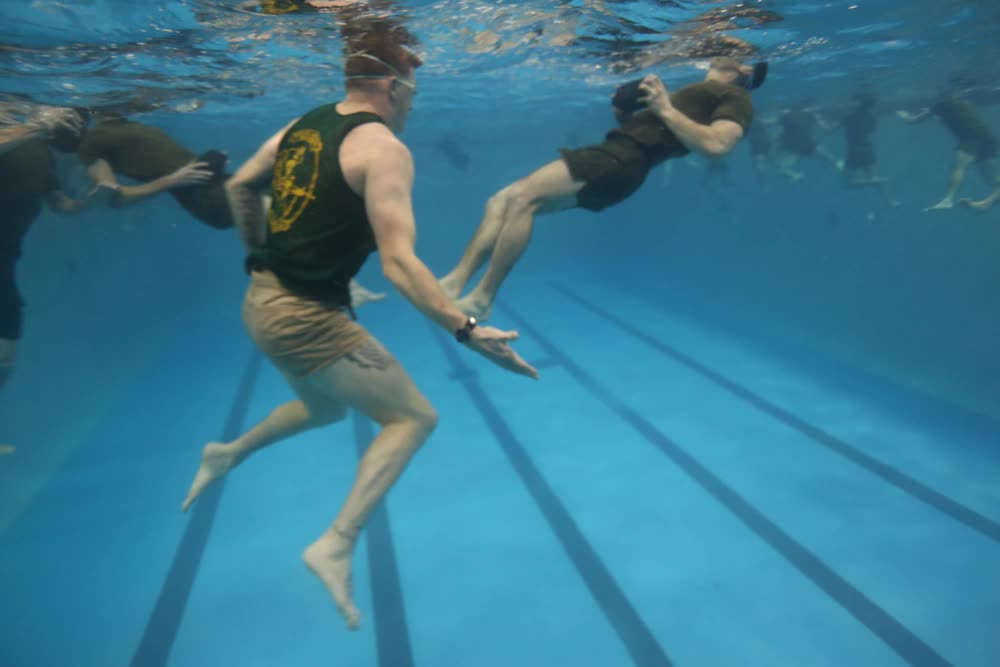
Once selected, SOOs are required to attend Assessment and Selection (A&S), which is a mandatory two-phase course designed to screen candidates for physical ability and mental endurance. Phase 1 is a grueling three-week course that tests the physical and mental capability of each candidate, while Phase 2 enables MARSOC to identify Marines that have attributes compatible with special operations missions and the MARSOC way of life.
Upon successful completion of A&S, a select number of candidates proceed to the Individual Training Course (ITC), a nine-month program that turns a Marine officer into an SOO. During this program, the officers become proficient in several skill sets, including combat first aid, tactical communications, small unit tactics, amphibious tactics, combat marksmanship, close-quarters battle, demolitions, urban combat, special reconnaissance, and irregular warfare. Upon completion of ITC, SOOs are awarded the primary MOS 0370 (Special Operations Officer) and are ready to attend the Team Commanders Course.
Related: Explaining the diverse mission set of MARSOC’s commandos
Heavy responsibilities, high rewards
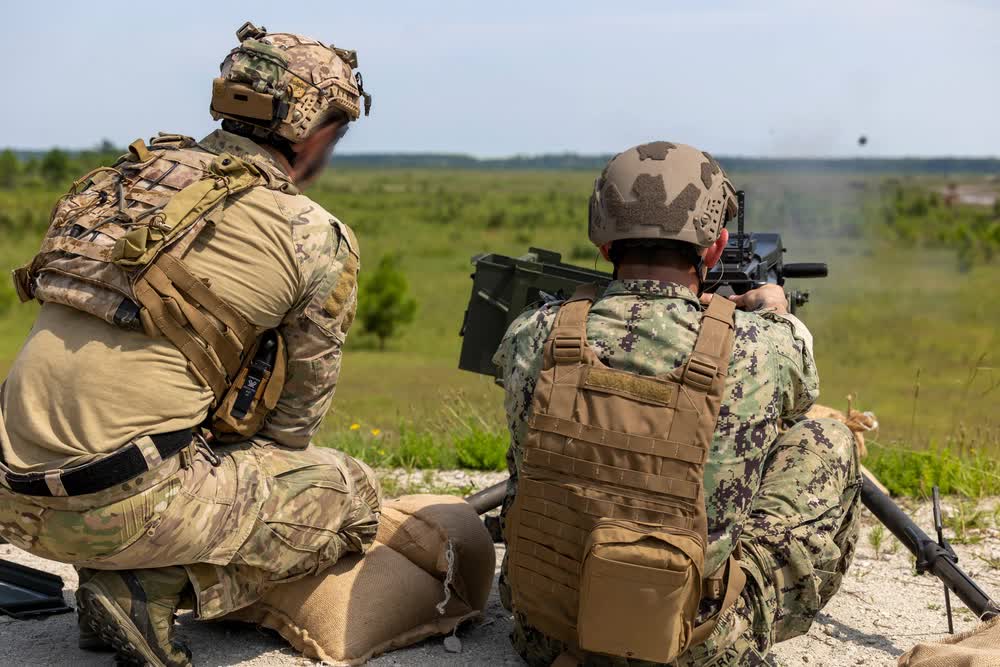
MARSOC Special Operations Officers are responsible for a wide range of tasks related to planning, executing, and supervising special operations missions – these can include direct action, special reconnaissance, foreign internal defense, unconventional warfare, and counterterrorism operations. They work closely with other members of a Marine Special Operations Team to ensure the mission’s success.
SOOs are expected to be able to think critically and to quickly assess complicated situations to make intelligent tactical, operational, and strategic decisions. This involves having a deep understanding of the capabilities and limitations of the available resources, including personnel, equipment, and infrastructure.
SOOs are also expected to interact with their counterparts in other special operations, conventional, and partner units. Indeed, when it comes to foreign internal defense – training and advising partner forces – SOOs, are often the face of the United States to that partner force. As a result, these officers need to have a high level of emotional intelligence and diplomatic skills on top of their special operations toolkit; that alone carries a huge weight and can be performed by only the most capable.
MARSOC’s mission is to recruit, train, sustain, and deploy scalable, expeditionary forces worldwide to accomplish special operations missions assigned by U.S. Special Operations Command. To accomplish that, MARSOC equips and trains Marines to succeed in austere conditions against a wide range of adversaries in competition through conflict. Marine Raiders execute complex, distributed operations globally in uncertain environments, achieving silent success and strategic impact. For more information visit www.marsoc.com.
Read more from Sandboxx News
- Peak stubbornness: When Navy SEALs trained with Slovenian mountain warfare troops
- The Navy’s plan to keep its warships in the fight: Rearming at sea
- These elite Marines combine tradition with special operations innovations
- 31 years after Black Hawk Down, this Army Ranger receives his Silver Star
- Explaining the diverse mission set of MARSOC’s commandos
